The History of Black People in Houston, Texas: Impact, Influence, and Evolution of Black Culture
Spotlight Stories - Visual Archive
Houston, Texas, the largest city in the Lone Star State, has long been a cornerstone of Black American history, culture, and identity. From its deep-rooted communities to its undeniable influence on music, art, and politics, Houston stands as a beacon of Black excellence and resilience. This article explores the history, impact, and evolution of Black culture in Houston, highlighting its contributions to the national cultural fabric.
Houston's Black history dates back to its establishment in 1836. As a hub in the South, the city became a critical point for freed African Americans following the Civil War. Juneteenth, commemorating the emancipation of enslaved African Americans in Texas, was first celebrated in Galveston, just outside Houston. This connection to freedom and resilience set the tone for Black life in the city.
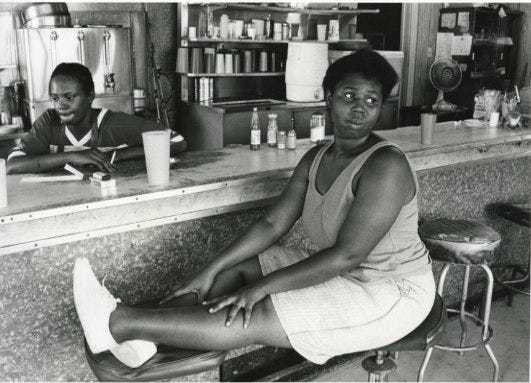
In the early 20th century, Black communities began to solidify in areas like the Third Ward, Fourth Ward (also known as Freedmen's Town), and Fifth Ward. These neighborhoods became cultural and economic hubs, home to schools, churches, and businesses that shaped the Black experience. Despite segregation and systemic racism, Houston's Black residents fostered thriving communities that laid the groundwork for the city's lasting legacy.
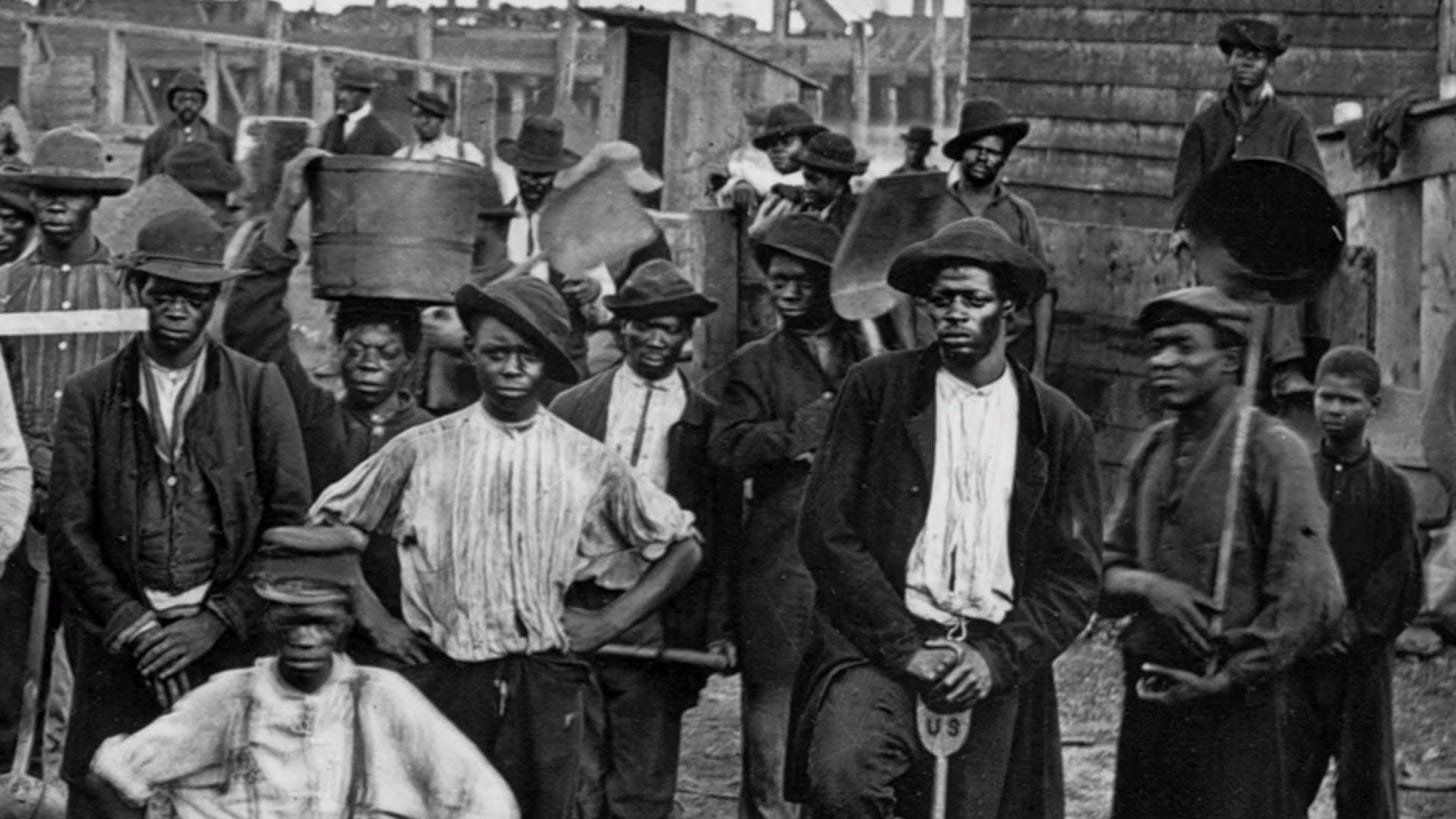
Houston's Black community has profoundly influenced regional and national slang. Terms like "slab" (referring to custom cars), "trill" (true and real), and "screw" (a reference to DJ Screw's slowed-down music style) have permeated hip-hop and everyday language. These linguistic innovations are a testament to the creativity and adaptability of Houston's Black culture.
Dance has always been a vibrant part of Houston's Black community, from zydeco-inspired two-stepping to contemporary styles like twerking and the "Southside." Houston dance trends often blend traditional African rhythms with modern interpretations, creating dynamic expressions of identity and joy.
Black communities in Houston have historically been self-sufficient, forming organizations, businesses, and social networks. Churches such as Wheeler Avenue Baptist Church and Antioch Missionary Baptist Church have served as pillars of spiritual and social support. Community events like the Martin Luther King Jr. Parade and the Juneteenth celebrations highlight the enduring unity and pride of Houston's Black population.
Houston's music scene has been transformative, particularly in hip-hop. DJ Screw, the pioneer of the "chopped and screwed" sound, created a new genre that put Houston on the musical map. Artists like Bun B and Pimp C of UGK brought Southern rap to the mainstream, while Slim Thug and Paul Wall celebrated the city's unique car culture and style.
“Even though Paul Wall isn’t black, he as contributed to our culture in Houston. Not only have he respected the culture but also in the streets giving back. If you’re a Houston native then you'll completely understand.” - Shareece Williams
Houston has produced some of the world's most celebrated Black artists. Beyoncé, a global icon, proudly represents Houston's Third Ward roots, often referencing her upbringing in her music and performances. Megan Thee Stallion, another Third Ward native, has become a trailblazer in modern hip-hop, blending confidence and empowerment with Houston-style swagger.
Olly Sholotan (from Bel-Air), Taylor Polidore, and Chandra WilsonActors like (Grey’s Anatomy) have showcased the city's talent on screen. Jalen Hurts, NFL quarterback for the Philadelphia Eagles, represents the city's athletic excellence, blending leadership and determination that reflect Houston's spirit.
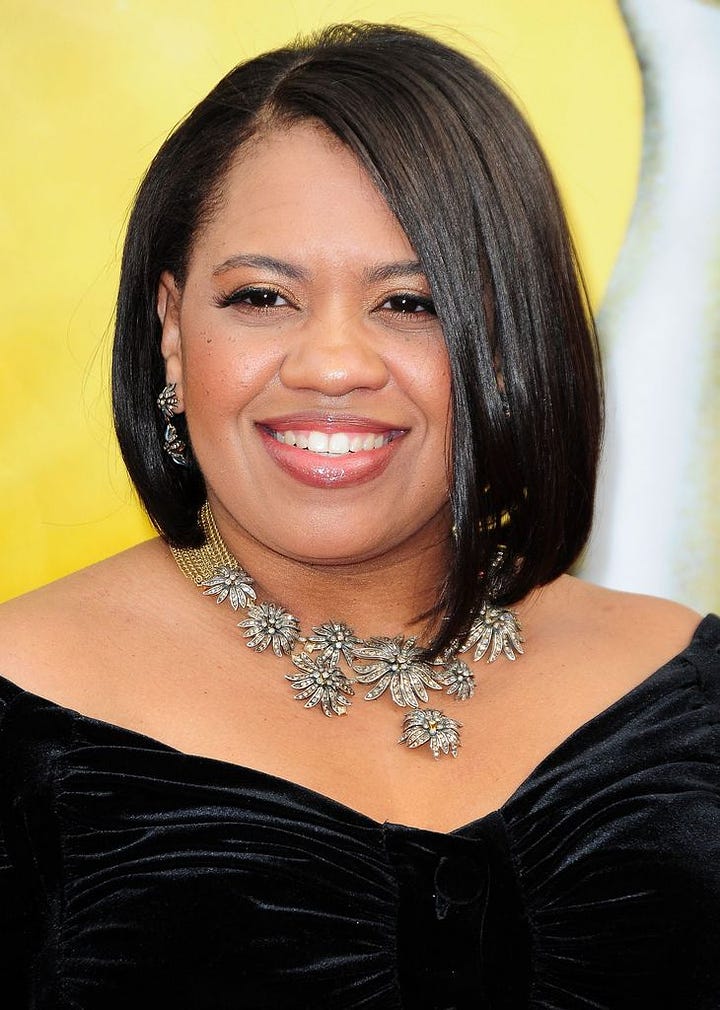
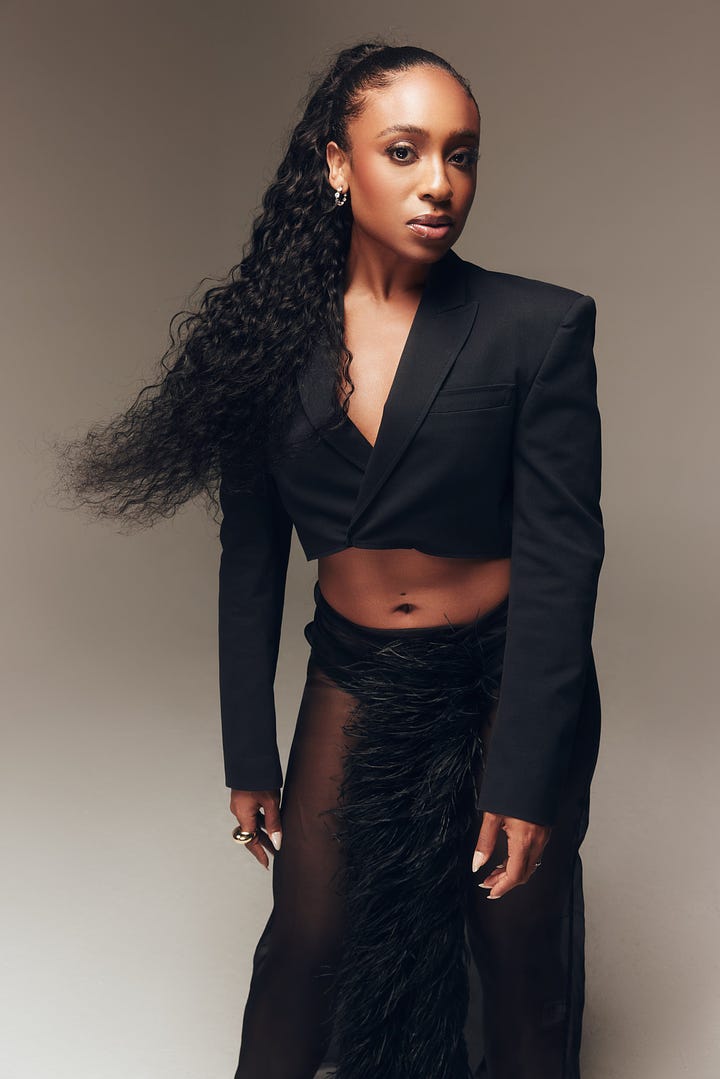
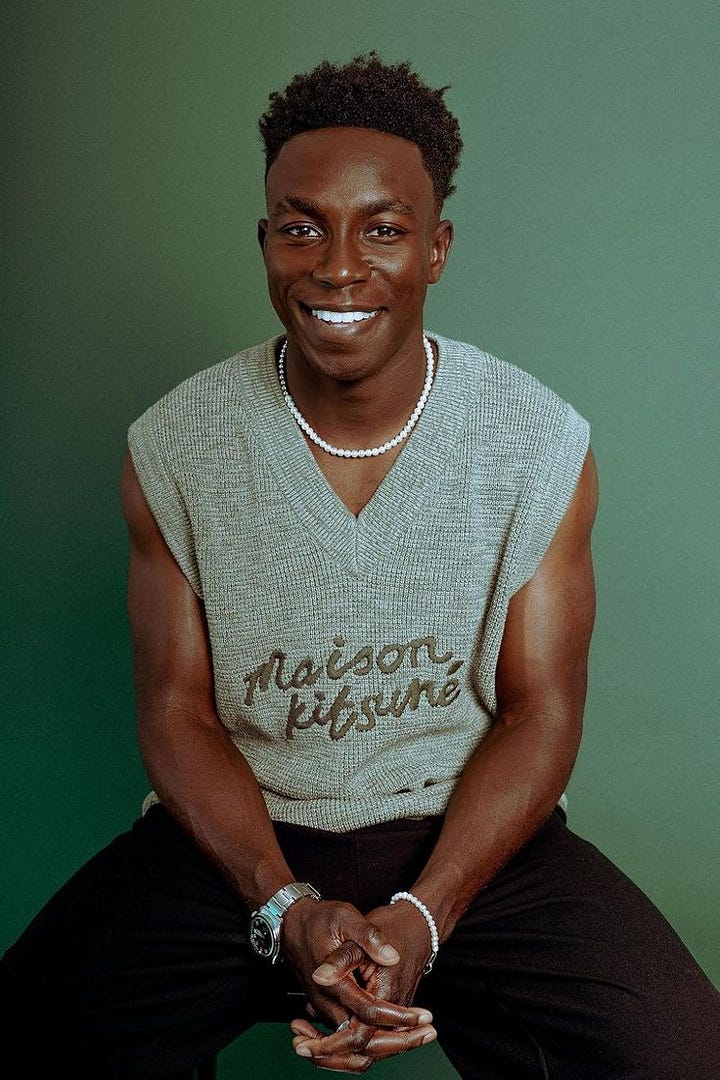
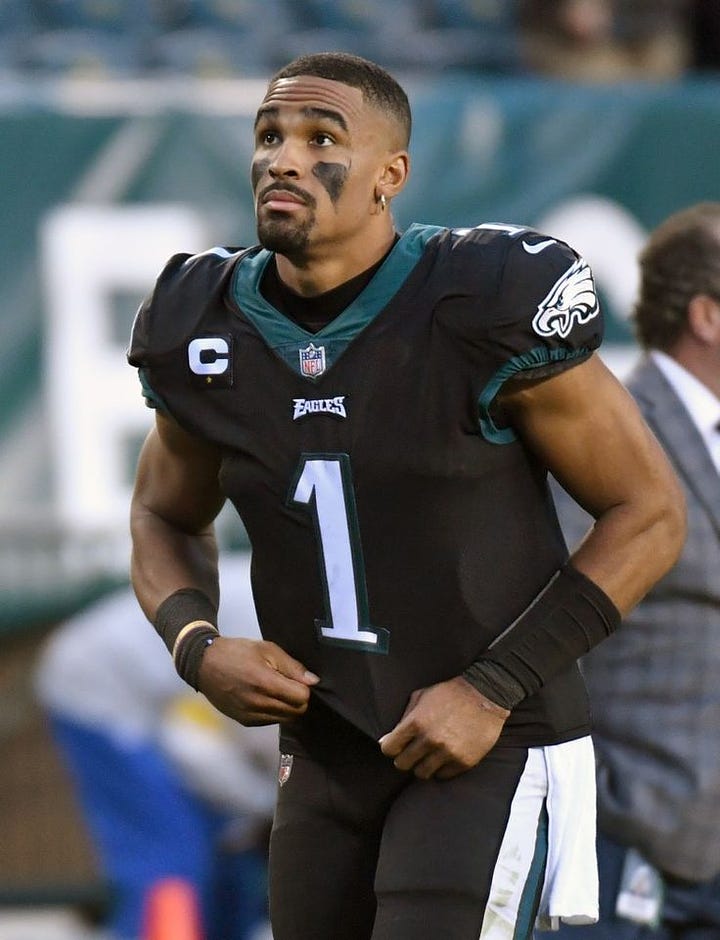
The Third Ward, known as "The Tre," is one of Houston's most historic Black neighborhoods. It has been a cultural epicenter, fostering creativity, activism, and entrepreneurship. Institutions like Project Row Houses have turned the neighborhood into a hub for arts and social engagement.
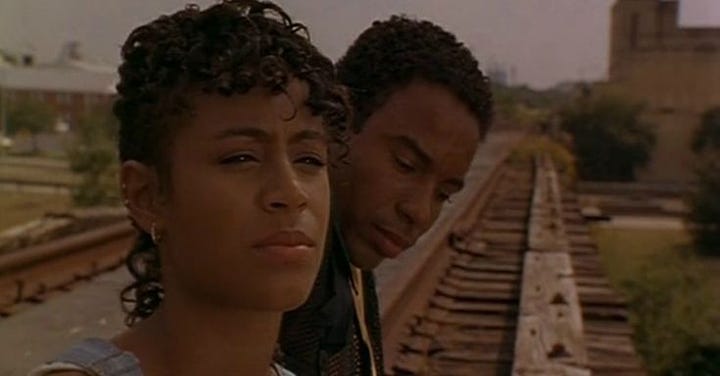
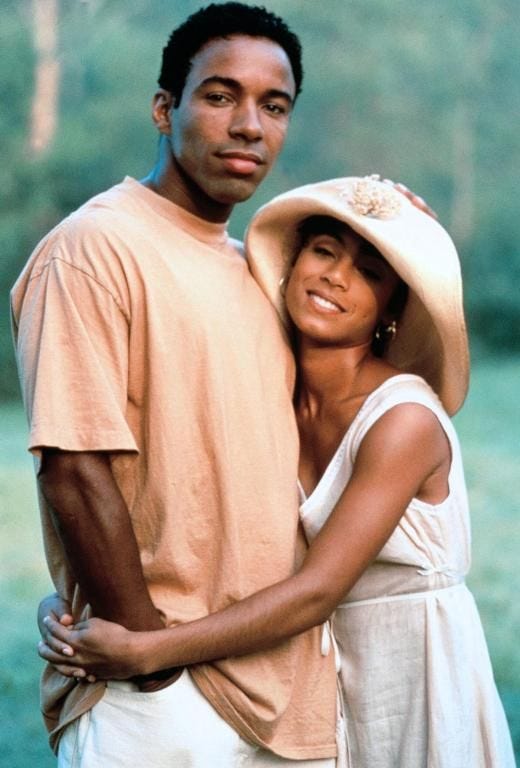
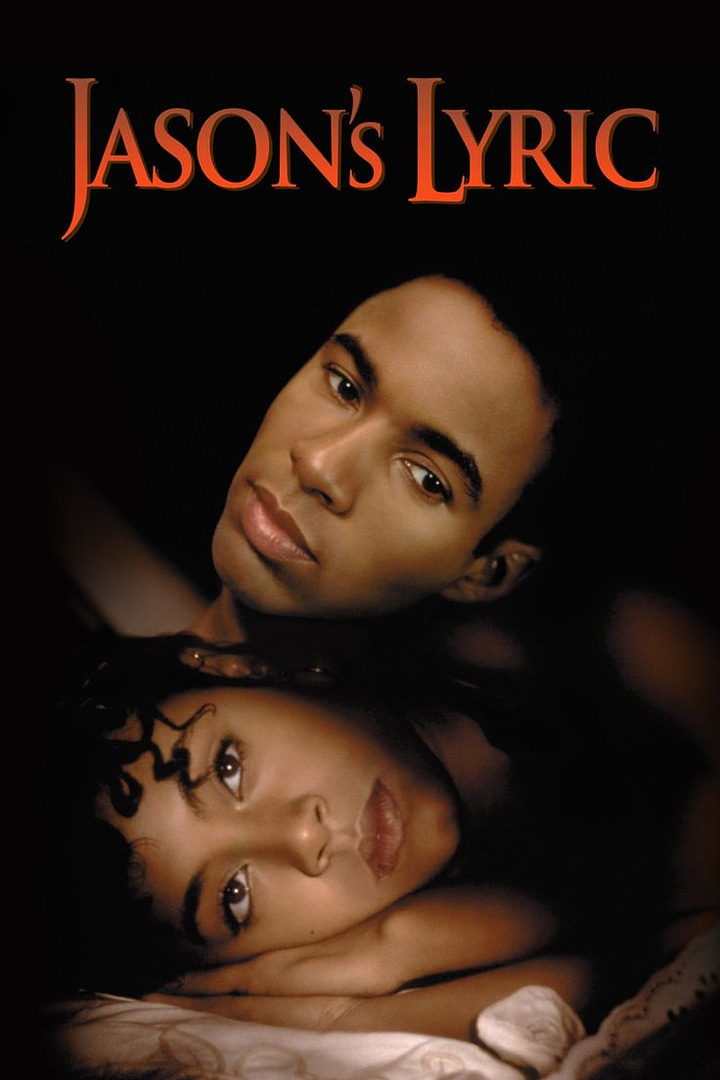
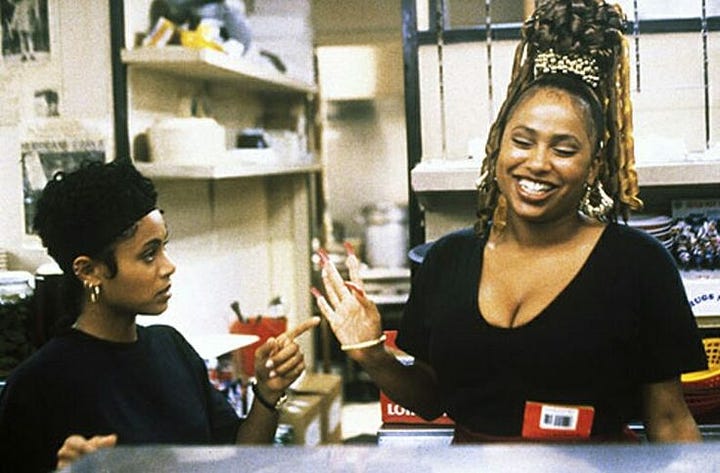
The 1994 film Jason’s Lyric, starring Jada Pinkett Smith and Allen Payne, was filmed in Third Ward, bringing national attention to the area. The movie’s focus on love, trauma, and resilience mirrored the experiences of many in the community, solidifying Third Ward's place in Black cultural history.
Sheila Jackson Lee
Congresswoman Sheila Jackson Lee has been a tireless advocate for social justice and civil rights. Representing Texas's 18th Congressional District, she has championed policies to address systemic inequalities, improve healthcare, and reform criminal justice.
Barbara Jordan
Barbara Jordan, a trailblazing politician and orator, was the first African American woman elected to the Texas Senate and the first Southern Black woman elected to the U.S. House of Representatives. Her leadership and eloquence during the Watergate hearings remain iconic, symbolizing integrity and courage.
Wheatley High School and Yates High School
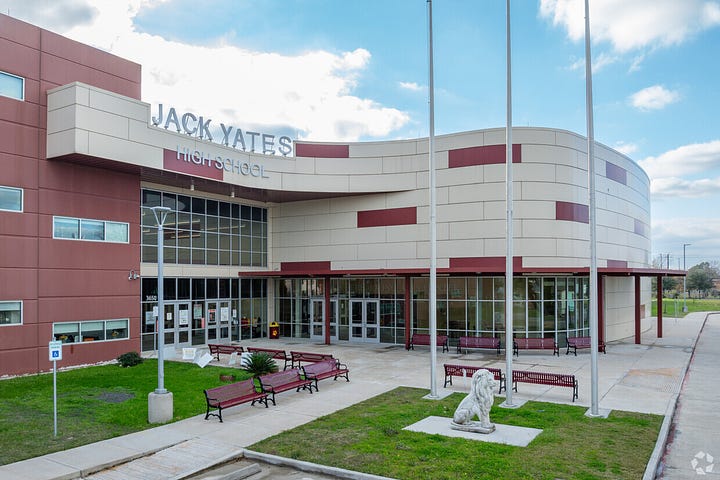

Wheatley and Yates High Schools have long been centers of academic and athletic achievement for Houston's Black community. Both schools boast storied histories, producing generations of leaders, athletes, and scholars who have made significant contributions to society.
Texas Southern University (TSU)
Located in Third Ward, Texas Southern University is a historically Black university (HBCU) that has educated countless students since its founding in 1927. TSU has been a training ground for future leaders, including Barbara Jordan, and continues to play a pivotal role in advancing education and opportunity for Black students.
Houston's Black culture continues to evolve, blending tradition with innovation. Whether it's the rise of new musical styles, the success of community-driven initiatives, or the achievements of individuals on the global stage, Houston remains a driving force in shaping Black identity.
Looking Forward
As Houston grows, so does its influence. The city's Black culture serves as a source of inspiration, creativity, and resilience, reminding us of the power of community and the enduring impact of Black excellence.
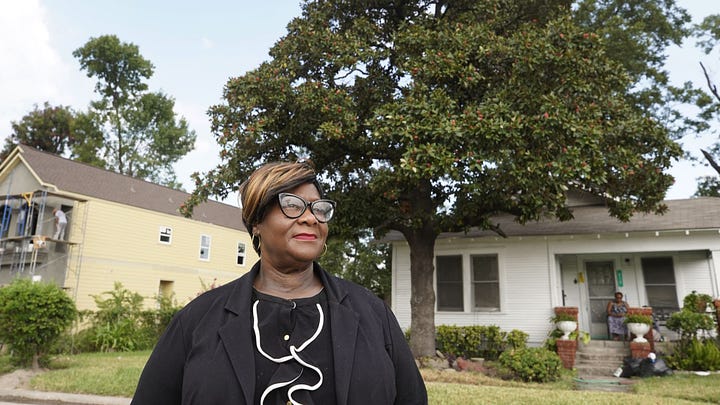
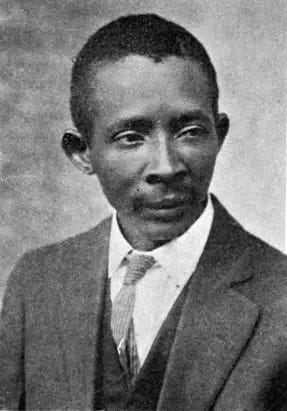
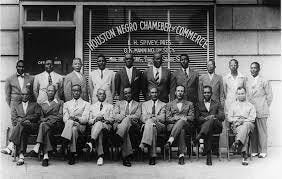
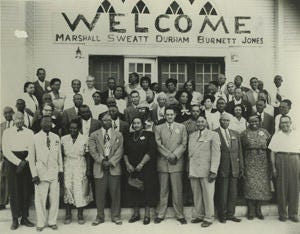
The history of Black people in Houston, Texas, is one of triumph over adversity, cultural innovation, and lasting influence. From the historic neighborhoods of Third Ward and Freedmen's Town to the global success of figures like Beyoncé and Megan Thee Stallion, Houston's Black community has left an indelible mark on American culture. With a legacy rooted in resilience and a future full of promise, Houston stands as a testament to the power and beauty of Black culture.
While this article highlights some of the incredible history, impact, and contributions of Black culture in Houston, it’s only the beginning of the story. The city’s rich tapestry of experiences, achievements, and resilience continues to unfold, with countless untold stories waiting to be shared. Houston's Black community is a living testament to the power of creativity, unity, and perseverance—and the best is yet to come. This vibrant culture will continue to inspire and shape the future, leaving an enduring legacy for generations to come. Stay tuned, because there’s so much more to celebrate and uncover.
https://houstonhistorymagazine.org/wp-content/uploads/2012/10/In-Search-of-Freedom.pdf
https://defendernetwork.com/community/houstons-independence-heights-texas-first-black-city/





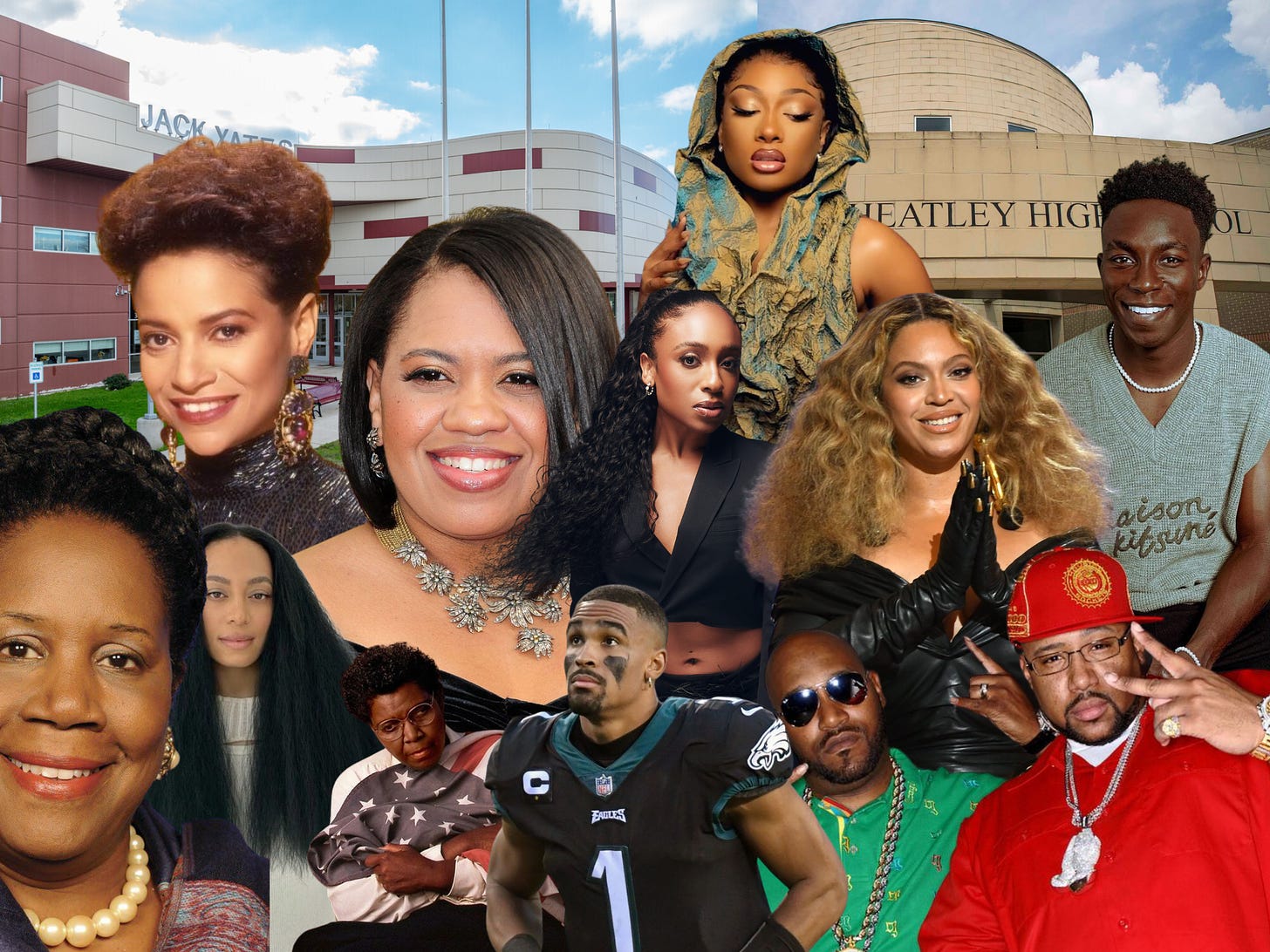
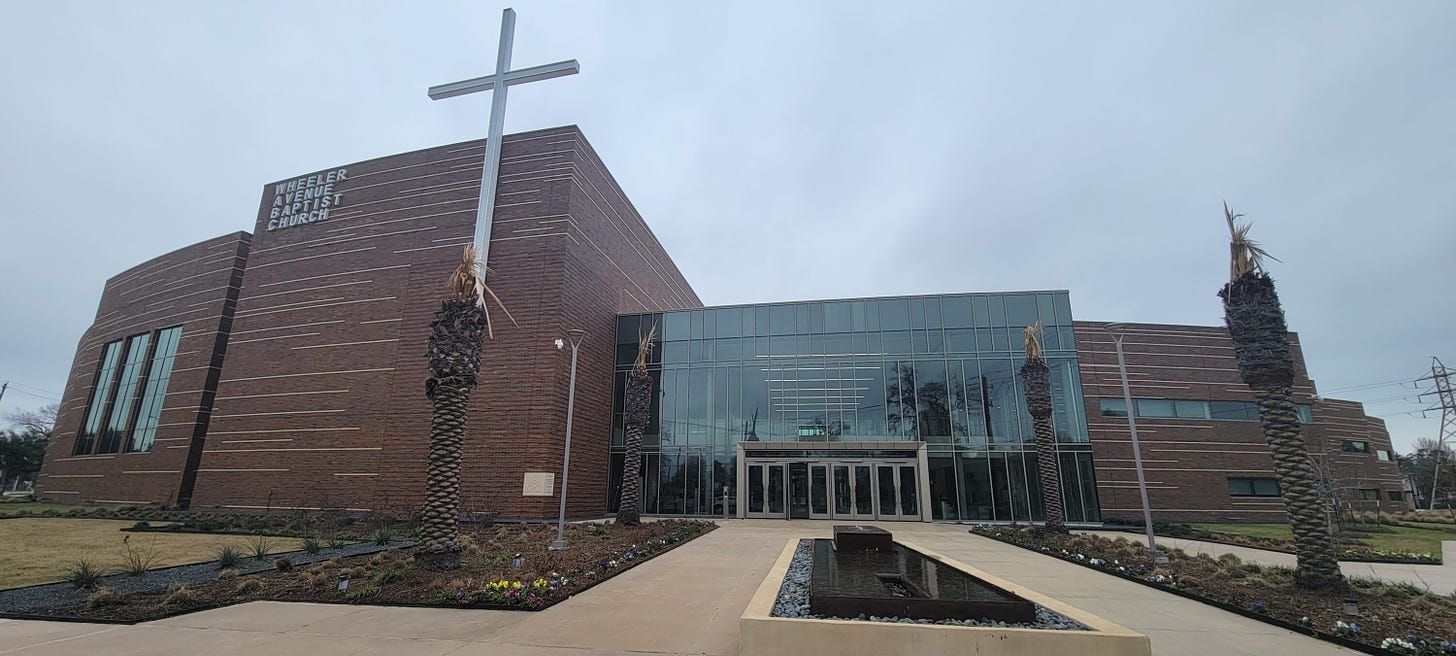
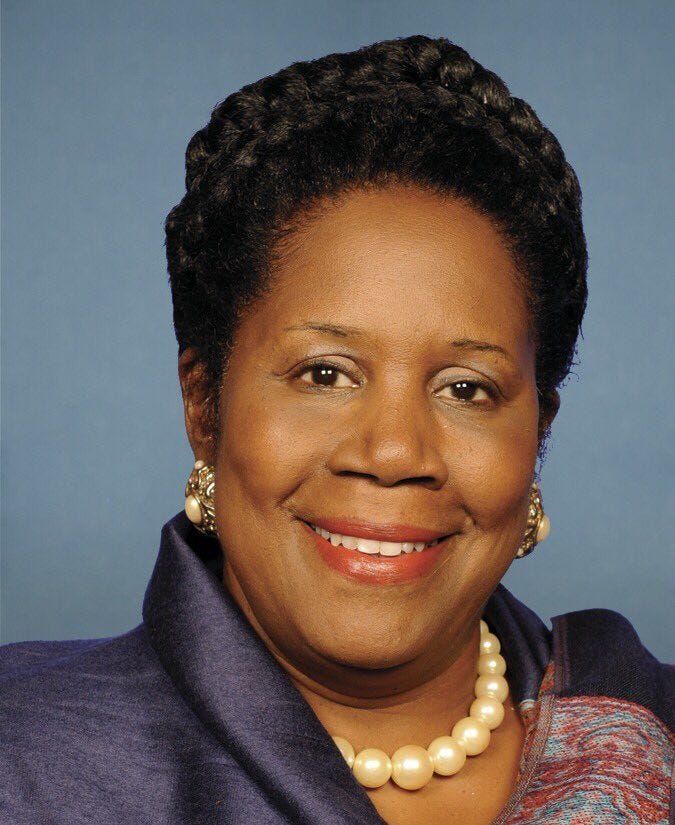
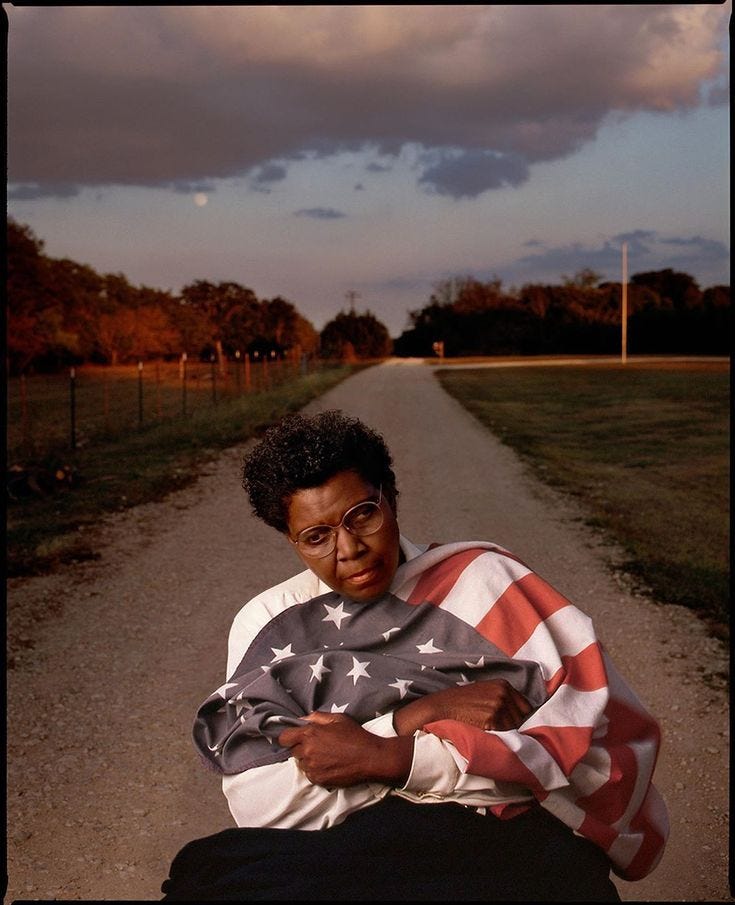



thank you for this!!!